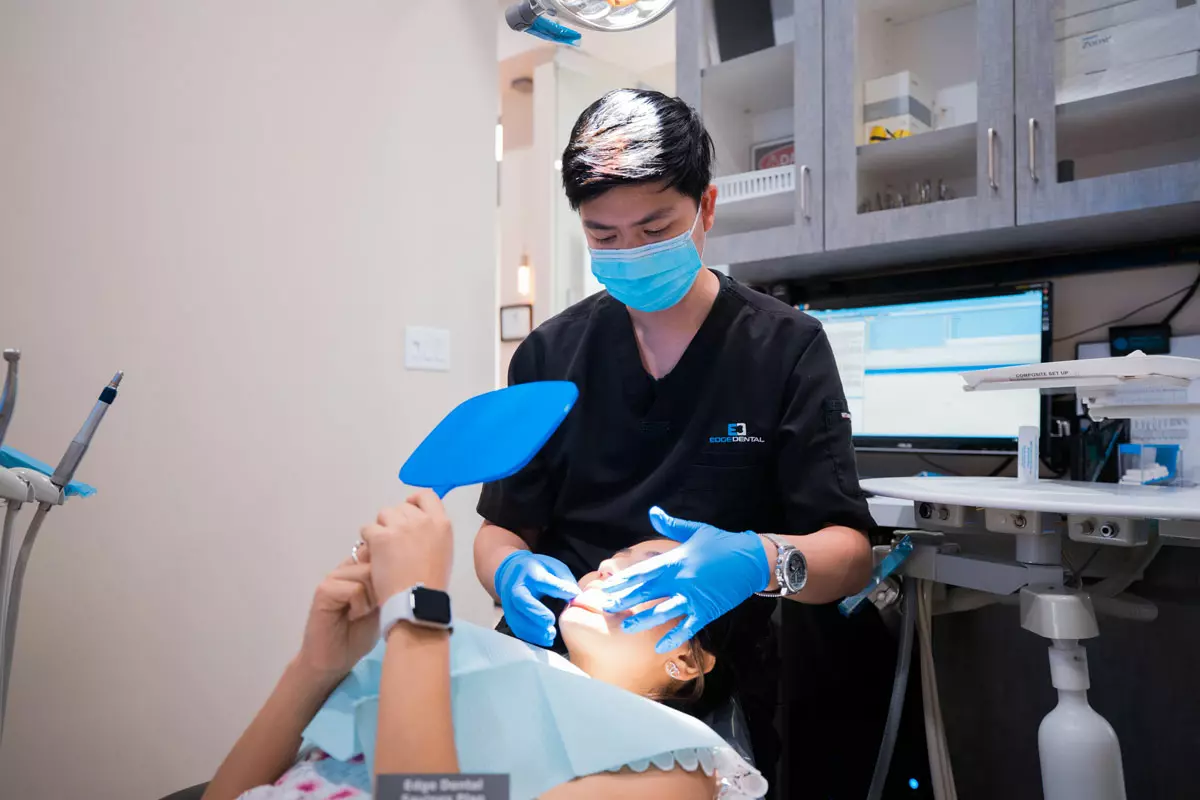What are The Available Treatments for Bruxism?
Bruxism, characterized by teeth grinding or clenching, poses challenges for many individuals, impacting dental health and overall well-being. Dentists in Houston offer a range of treatments to manage bruxism effectively. Let's explore the available treatments, strategies, and interventions to address this common condition.
Understanding Bruxism
Bruxism involves the involuntary grinding, clenching, or gnashing of teeth, often occurring during sleep or unconsciously during waking hours. This condition, if left untreated, can lead to tooth wear, jaw pain, headaches, and other dental complications.

Diagnostic Evaluation by Dentists
Dentists play a pivotal role in diagnosing and assessing bruxism. They conduct a comprehensive evaluation, including:
- Clinical Examination: Dentists inspect the teeth for signs of wear, evaluate the jaw muscles, and look for other indications of bruxism.
- Patient History: Gathering information about the patient's symptoms, dental history, and lifestyle factors to determine potential triggers.
- Dental Imaging: X-rays or other imaging techniques may be used to assess any damage or changes to the teeth and jaw.
Options for Bruxism Treatment
- Mouthguards or Night Guards: Custom-fitted mouthguards, commonly known as night guards, are one of the primary treatments. Dentists create these devices to protect teeth from grinding and cushion the impact, preventing wear and tear.
- Behavioral Therapy: Techniques like biofeedback or cognitive behavioral therapy (CBT) help patients become more aware of their grinding habits and learn relaxation techniques to reduce stress-related bruxism.
- Stress Management: Stress is a significant trigger for bruxism. Dentists may recommend stress-reducing practices such as exercise, meditation, or counseling to alleviate the condition.
- Medication: In some cases, muscle relaxants or medications to manage stress and anxiety might be prescribed to reduce grinding activity during sleep.
- Dental Correction: Dentists may suggest dental procedures to correct misaligned teeth or adjust the bite, addressing underlying causes of bruxism.
- Lifestyle Modifications: Dentists guide patients in making lifestyle changes such as avoiding caffeine, reducing alcohol intake, and practicing good sleep hygiene to alleviate bruxism symptoms.
Role of Dentists in Houston
Dentist in Houston are well-equipped to address bruxism. Their expertise includes:
- Customized Treatment Plans: Dentists tailor treatment plans based on individual needs, considering the severity of bruxism and the patient's lifestyle.
- Fabrication of Mouthguards: Creating custom-fitted night guards to protect teeth from grinding, minimizing damage, and promoting better oral health.
- Patient Education: Dentists educate patients about bruxism, its causes, and effective strategies to manage the condition, empowering individuals to take control of their oral health.
- Ongoing Monitoring: Dentists monitor the effectiveness of treatments, making adjustments as necessary to ensure optimal outcomes for patients.

Conclusion:
Bruxism, though challenging, can be effectively managed through various treatments offered by dentists in Houston. By employing a combination of interventions such as mouthguards, behavioral therapy, stress management, and dental corrections, dentists play a vital role in alleviating symptoms and preventing dental complications associated with bruxism. Seeking timely treatment and guidance from dentists not only protects teeth but also fosters long-term oral health and well-being.
Comments
Post a Comment